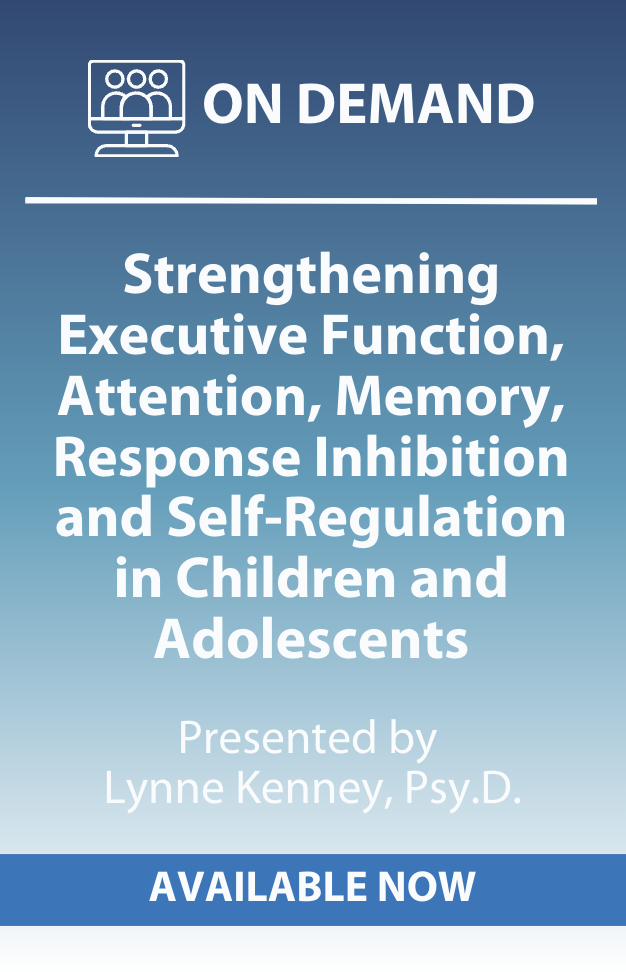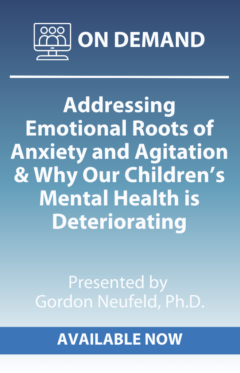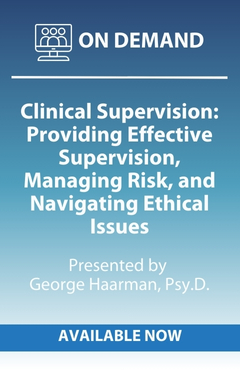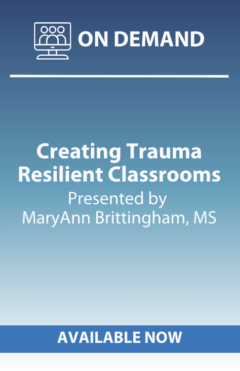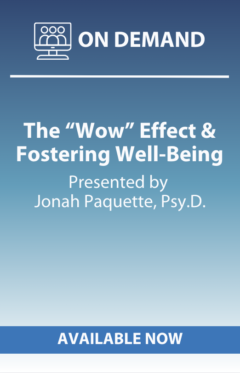Description
This workshop is on-demand, content will be available immediately after purchase.
Footage and all course content (certificate, videos, quiz) will be available until November 4, 2024. Extensions cannot be granted under any circumstances.
Registration will close on October 28, 2024.
Did You Know?
- For many students, Executive Function is a better predictor of academic outcomes than intelligence quotient (IQ) and socioeconomic status (SES), (Blair & Raver, 2015; Cortés Pascual et al. 2019; Micalizzi et al., 2019).
- Executive Function skills predict math and reading in higher grade levels (Ribner et al., 2018; Magalhães et al., 2020).
- Self-Regulation skills predict academic, behavioral, and social achievement across a lifetime (Robson et al., 2020).
The Key Is To:
BOX: Empower children and adolescents with the skills to think, plan, attend, inhibit, and self-regulate. “When students develop their ability to think things through, pay attention, manage their emotions, resist their impulses, and plan the sequence of their actions they are better able to successfully learn, connect, and behave.”
This Is Achieved By:
Strengthening Executive Function and Self-Regulation Skills.

